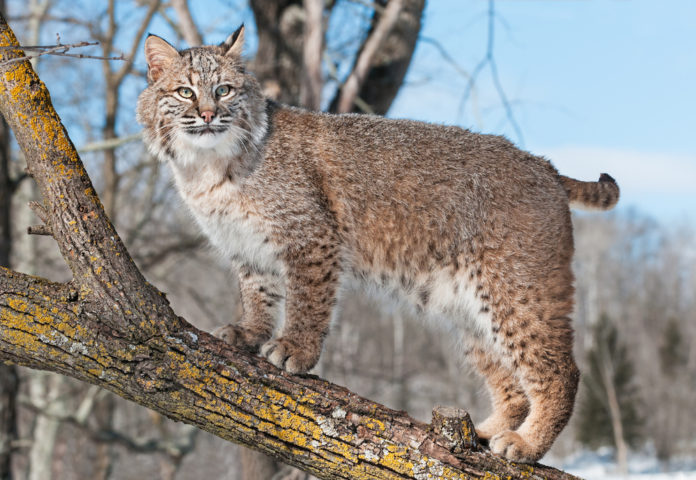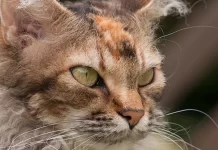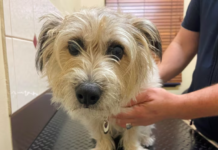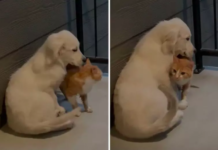Last Updated on January 18, 2024 by Fumipets
Bobcats as Pets
We see individuals searching for strange, exotic dogs more often. Many individuals hunt for unusual pets like bobcats, whether it’s because they’re tired of the typical dog and cat selections or they want more social media clout and attention. Due to this, more individuals are getting pets that they shouldn’t have in the first place and that is illegal to possess in many places.
Our everyday lives are being overrun by adorable videos of these unique creatures enjoying their best lives as a result of the growth of social media. There is a clip of a bobcat creating “biscuits” on a cushion that sometimes circulates online. Although the video is endearing and immediately draws your attention, is owning a bobcat a wise decision? No, is the response. Learn why as you continue reading.
Do Bobcats Make Good Pets?
While some contend that bobcats may make wonderful pets in the appropriate setting, the truth is that they are wild creatures. The keeping of bobcats as domestic pets might result in a stressful and even deadly situation since they are not domestic cats. Many of the adorable wild animal footage we see are of animals being cared for by rehabilitation centers and animal shelters. These places often take in wild creatures who were unsuitably maintained as pets and are now unable to be released back into the wild, even when the owner no longer wants the animal.

Wild Animals Don’t Belong in a Home
When reared by humans from an early age, bobcats may make intriguing and endearing pets, but they are still wild creatures. Consider all the encounters you have with domesticated animals that would be quite different if a wild animal were around. Your cat frequently flees when you unintentionally kick them as you pass through the home. Your dog will pout out of the room when you reprimand them if they are caught eating your food. Even the most docile wild animal, however, will react differently. You might experience a ferocious assault if you unintentionally kick your pet bobcat. You could find yourself in the presence of a wild animal that feels the need to defend that priceless resource if you attempt to remove your pet bobcat from your dinner plate.
About 10,000 and 11,000 years, respectively, have passed since cats and dogs were first domesticated. Selective breeding has been used for a very long time to create the pets we know and love today. You are dealing with a wild animal if you get a second- or third-generation domesticated wild animal or a wild animal that has been trapped. At most, you are dealing with a few years of domestication. You are dealing with an animal that has not been bred to produce a pet with unwanted traits. If you make the wrong move around a bobcat, you might end up with around 30 pounds of furious fangs and claws.
Major Safety Concerns
Of course, none of this even considers the threat that these creatures provide to kids, guests, and domestic animals. Even hand-reared bobcats may continue to see tiny animals or kids as a danger or prey. Particularly if there isn’t much adult supervision while kids and dogs are together, kids have a hard enough time knowing how to connect with animals. As a result, gentle household animals harm or maim children. Just think about what a wild animal might do to a kid.
Is Keeping a Bobcat as a Pet Legal?
Where you reside has a significant impact on the response to that question. The ownership of wild animals like bobcats is permitted in several states. Some only authorize the possession of wild animals with licenses and permissions, while others demand that ownership take place outside of municipal bounds. Some states, including Connecticut and Illinois, outright prohibit the possession of bobcats outside of rescue and rehabilitation centers and authorized zoos. It is crucial to verify your state rules before trying to keep a bobcat as a pet, even though doing so is strongly discouraged. If you are detected unlawfully keeping an animal, such as a bobcat, you might face steep penalties and perhaps prison time. Additionally, your bobcat could be sent to a rescue or put to death.

Conclusion
It is preferable to leave bobcats alone in the wild when it comes to them. Even in the most loving environment, they have the potential to act suddenly due to their wild nature and instincts, despite their beautiful and cuddly appearance. Bobcats need to be respected and given room. Bobcats in the wild deliberately avoid people. Trying to find bobcats may put the animals through needless stress and put you in danger. If you choose to keep a bobcat as a pet, you are possibly setting the animal up for failure and putting yourself in a dangerous scenario where the wild animal you decided to retain as a pet injures or kills someone or something.


















